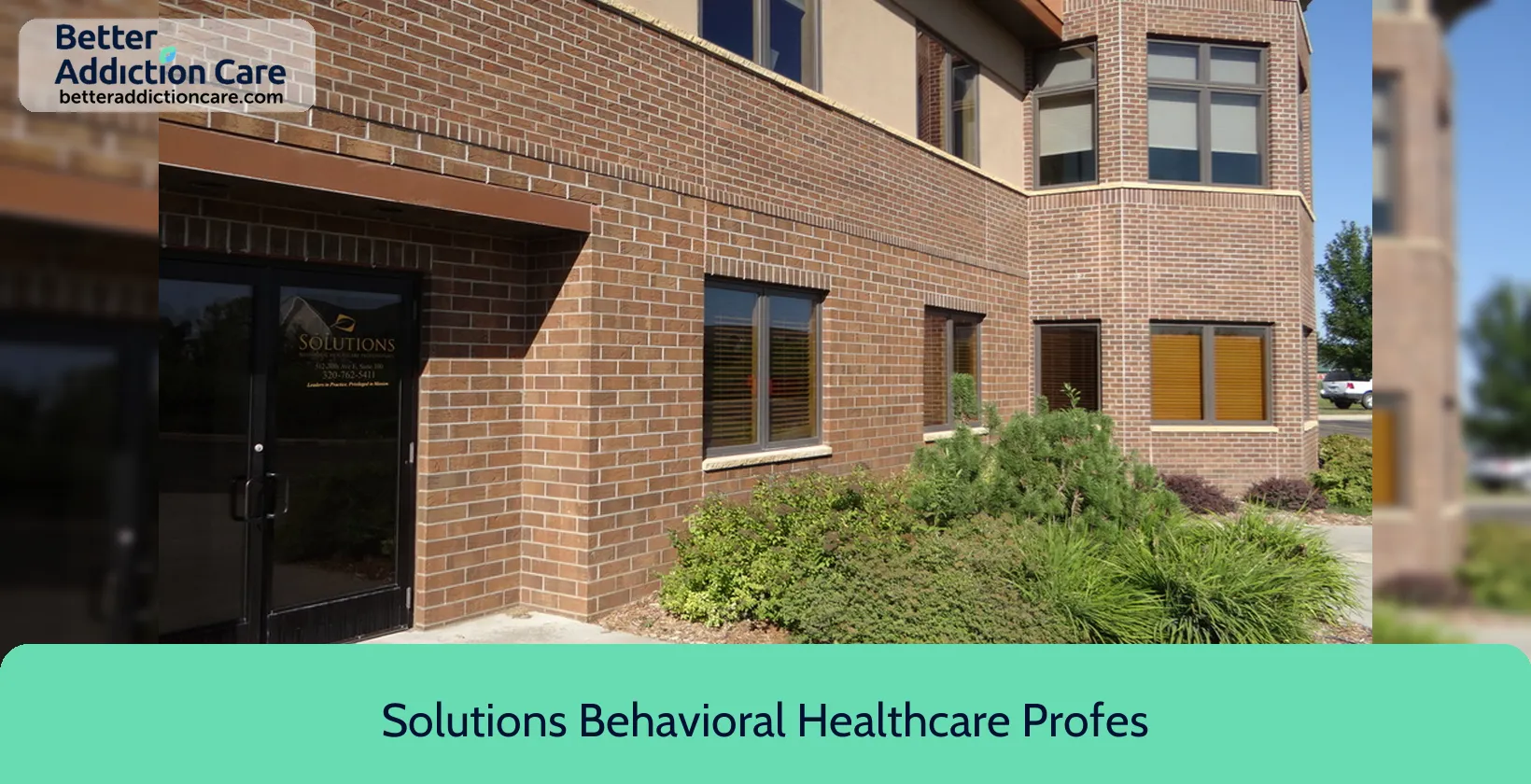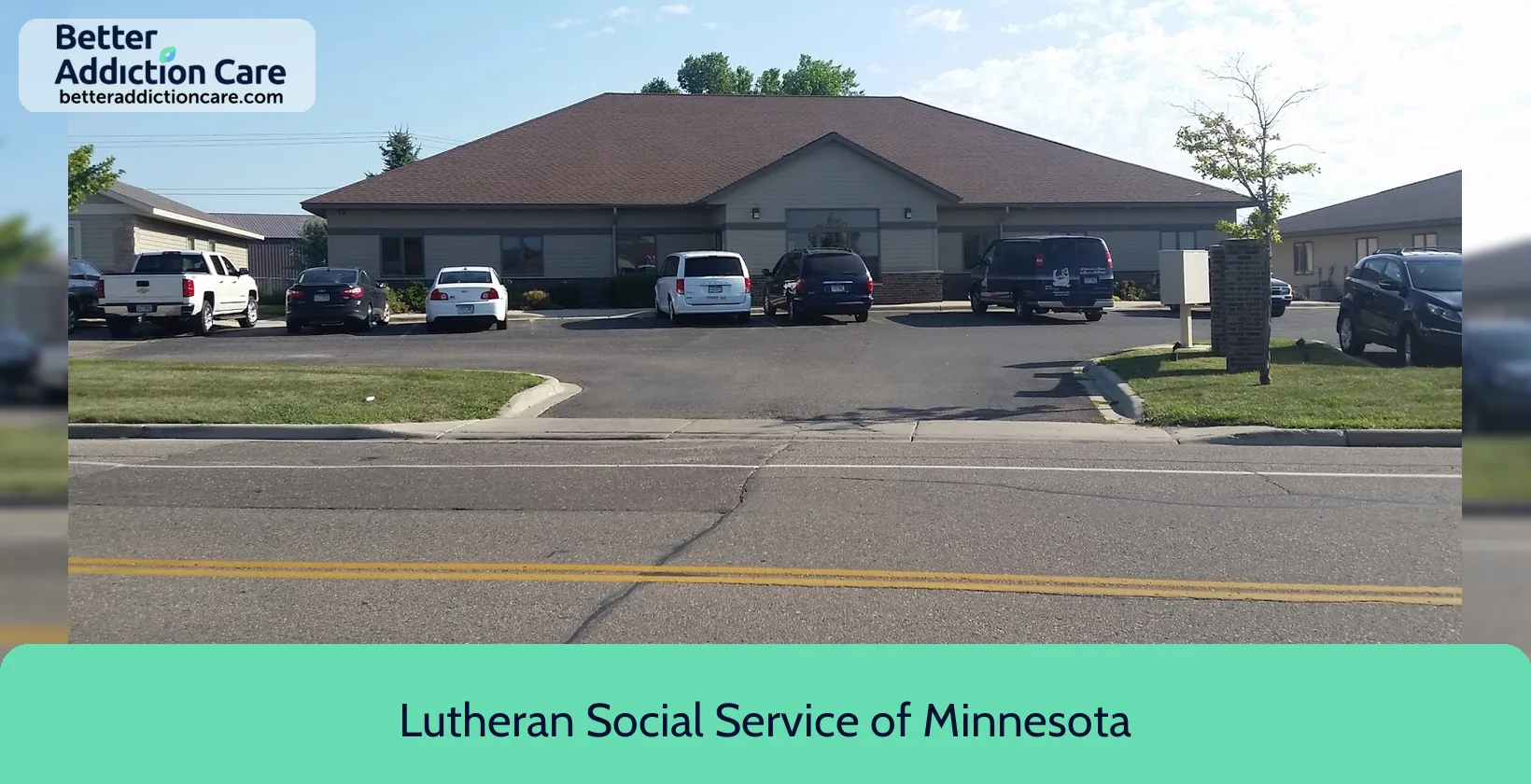Doug Paulson Unity Recovery

Overview
Doug Paulson Unity Recovery is a substance abuse treatment center for people seeking treatment near Douglas County. As part of their treatment modalities for recovery, Doug Paulson Unity Recovery provides substance use disorder counseling, group counseling, and family counseling during treatment. Doug Paulson Unity Recovery is located in Alexandria, Minnesota, accepting cash or self-payment for treatment.
Doug Paulson Unity Recovery at a Glance
Payment Options
- Cash or self-payment
- State-financed health insurance plan other than Medicaid
- Private health insurance
Assessments
- Screening for tobacco use
- Comprehensive substance use assessment
- Interim services for clients
- Outreach to persons in the community
- Screening for substance use
Age Groups
- Adults
- Seniors
- Young adults
Ancillary Services
- Specially designed program for DUI/DWI clients
- Social skills development
Highlights About Doug Paulson Unity Recovery
6.77/10
With an overall rating of 6.77/10, this facility has the following balanced range of services. Alcohol Rehabilitation: 8.00/10, Treatment Options: 7.09/10, Drug Rehab and Detox: 6.00/10, Insurance and Payments: 6.00/10.-
Alcohol Rehabilitation 8.00
-
Treatment Options 7.09
-
Drug Rehab and Detox 6.00
-
Insurance and Payments 6.00
Treatment At Doug Paulson Unity Recovery
Treatment Conditions
- Alcoholism
- Substance use treatment
Care Levels
- Outpatient
- Intensive outpatient treatment
- Regular outpatient treatment
Treatment Modalities
- Substance use disorder counseling
- Group counseling
- Family counseling
- 12-step facilitation
- Contingency management/motivational incentives
Ancillary Services
Additional Services
- Pharmacotherapies administered during treatment
- Discharge Planning
- Drug or alcohol urine screening
Get Help Now
Common Questions About Doug Paulson Unity Recovery
Contact Information
Other Facilities in Alexandria

6.65

6.88

6.62

6.59
DISCLAIMER: The facility name, logo and brand are the property and registered trademarks of Lutheran Social Service of Minnesota, and are being used for identification and informational purposes only. Use of these names, logos and brands shall not imply endorsement. BetterAddictionCare.com is not affiliated with or sponsored by Lutheran Social Service of Minnesota.
